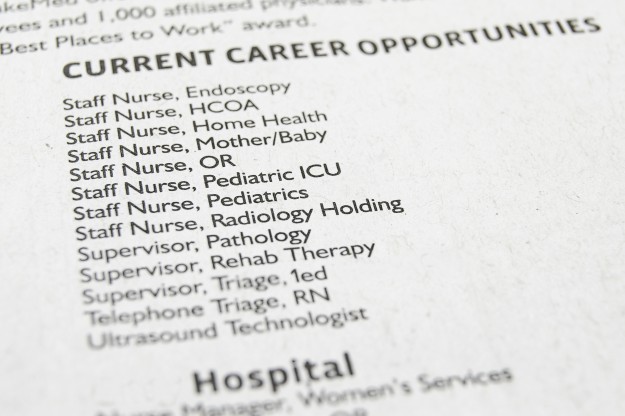We’re facing a global shortage of 17.4 million qualified health care workers—2.6 million doctors and more than 9 million nurses—according to the World Health Organization (WHO). Half of all hospitals today are operating with personnel deficits.
Health care professionals’ willingness to relocate—even halfway around the world—for better career and educational opportunities is lessening some health systems’ workforce shortages. But it’s mostly to the benefit of more developed countries. Now there’s a cross-national competition to lure talent—sometimes by any means necessary.
I’ll boast here that Johns Hopkins was the first health care institution to sign the U.S. Ethical Hiring Guidelines for International Workforce more than a decade ago. We pledged not to drain excessive resources from developing nations and to provide fair pay and working conditions to any foreign health care workers we hire at our institutions.
This dire need for skilled professionals isn’t showing signs of righting itself: If current trends in hiring and retirement continue, the global shortage of health care workers will still exceed 14 million in 2030, according to WHO predictions.
However, there is great disparity in the opportunity young people have to attend medical or nursing school in their home countries.
There are about 2,600 medical schools found in the roughly 200 countries worldwide. Of these, 50 nations have only one medical school, and 24 have no medical school at all. One-third of all medical schools are located in five countries, and nearly half are located in just 10 countries. The imbalance is widespread.
Although not all U.S. medical education institutions accept international students, Johns Hopkins Schools of Medicine and Nursing have opened their doors to students from all around the world.
Since 2012, JHI established the Paul S. Lietman Johns Hopkins Medicine International Scholarship to help fund international students who are pursuing their degree at the Johns Hopkins University School of Medicine.
This need-based scholarship attracts some of the best and the brightest future physicians, researchers and educators from around the globe. I’m proud to have them represent the mission and knowledge of Johns Hopkins Medicine globally, but more importantly, I’m thrilled to see how they will further the promise of medicine in communities near and far.
Additionally, through JHI, we’ve created a model where we work with global affiliates to build and sustain their local workforce through education, recruitment and retention. We help them gain the knowledge needed to grow and maintain local pools of talent so patients can get skilled care as close to home as possible.
